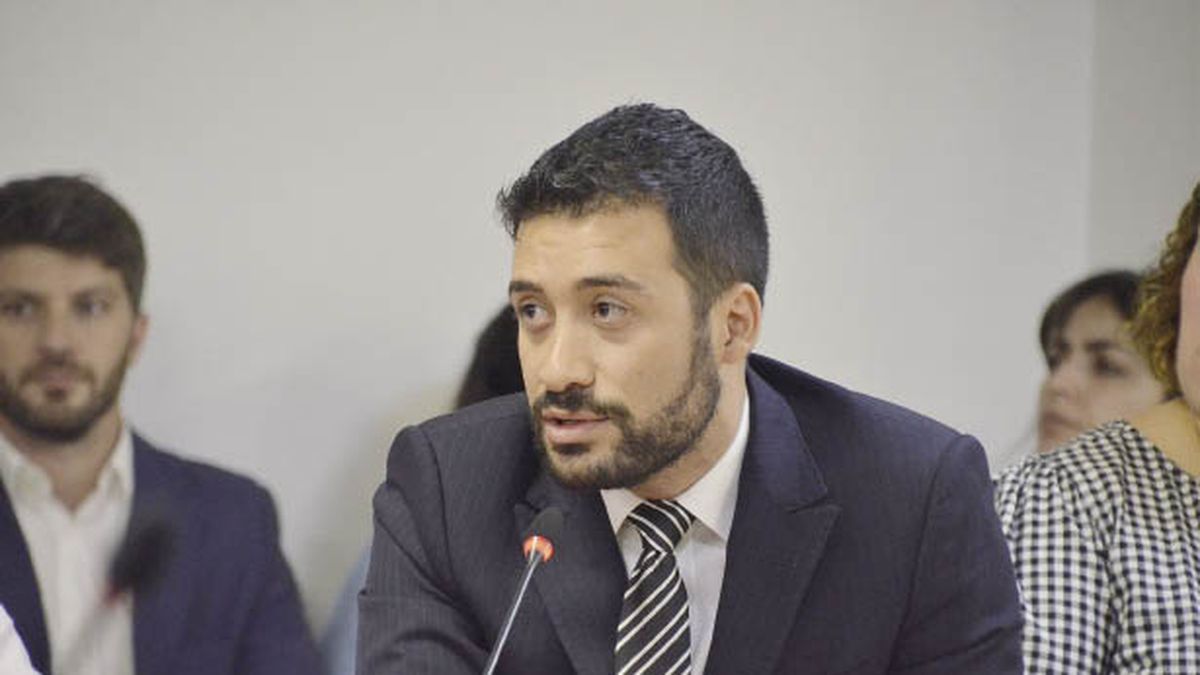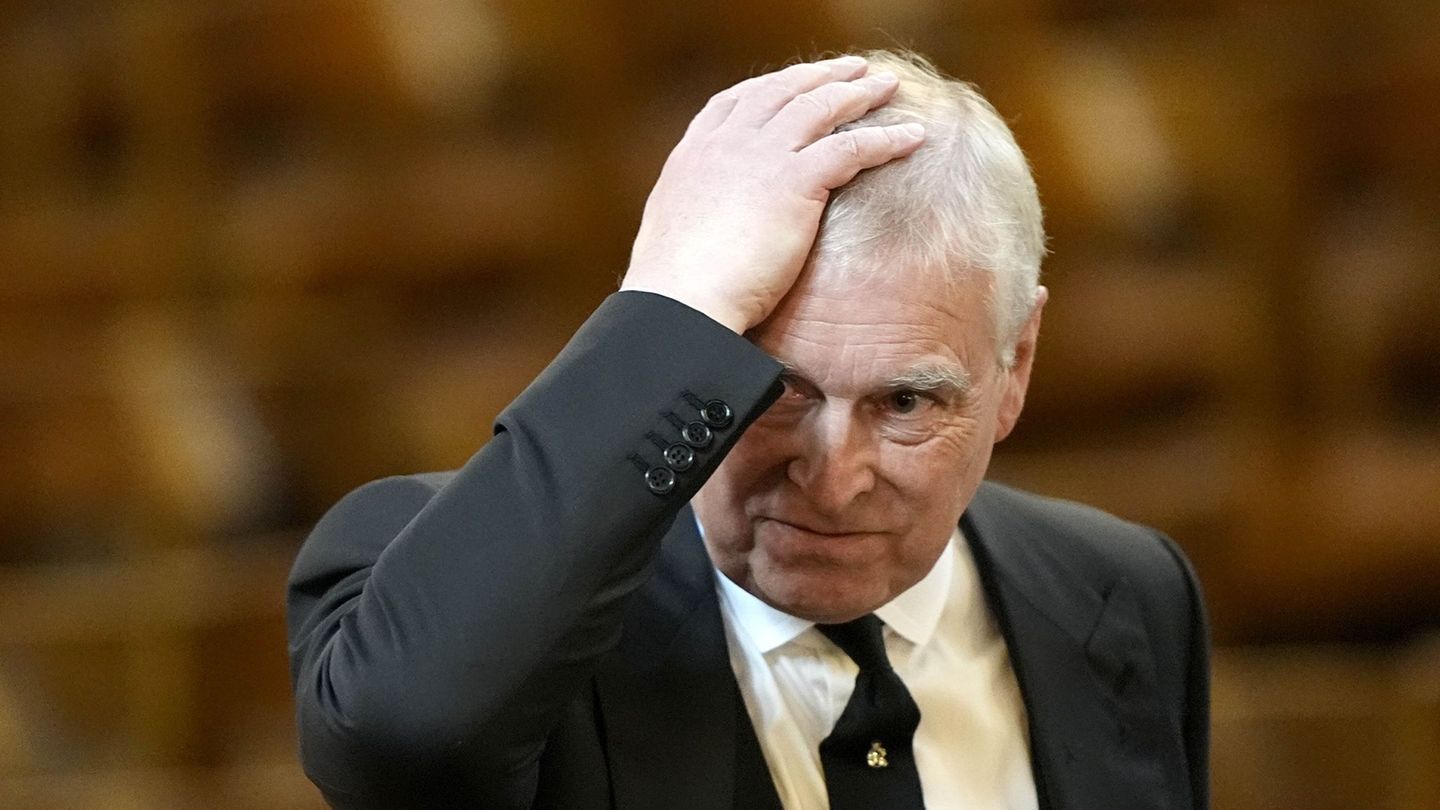This is the first time that a project of this nature has been brought to Congress. Until today, the only leader who had publicly declared himself in favor of this initiative had been the libertarian Javier Milei
The idea had also been outlined in recent years by former Economy Minister Domingo Cavallo, a referent of the Convertibility regime of the 1990s.
The dollarization of the economy would imply the disappearance of the Argentine peso and the adoption in its place of the dollar as currency of current use, with which the sovereign capacity to have a monetary policy would end.
It would also set the conversion rate of exchange between the peso and the United States dollar as a “quotient between the monetary and non-monetary liabilities of the Central Bank of the Argentine Republic and the International Reserves.”
The bill also states that If the law enters into force, the BCRA will exchange the pesos “in circulation for dollars of the United States of America at the conversion exchange rate” set by the monetary institution.
After that exchange, it establishes that all financial operations, such as deposits, loans, issuance of securities and any other carried out through the financial system, as well as the accounting records of the financial system, “will be expressed in dollars.”
Another of the measures proposed is to impose a term of 180 days for the entry into force of the new currency and the cessation of the peso.
Cacace assured that the project’s “main objective is to stabilize the economy and solve the problem of high inflation that has affected our country for decades.”
“In the last 40 years we have suffered 17 economic crises. We are one of the economies with the greatest sustained and general rise in prices in the last century. In our country there is spontaneous dollarization. People do not trust the currency and choose to get rid of the pesos and go towards the dollar,” added the lawyer.
The deputy gave Ecuador as an example, which when it applied that measure “had 100% annual inflation” and, from then on, “that rate was quickly reduced until it reached one digit in 2002.”
On the consequences of dollarization in his country, the former president of Ecuador, Rafael Correa, also an economist, shared dozens of times a very critical look at that measure, which he considered “monetary suicide.”
“For a developing country, the bottleneck, the crucial factor, is its external sector. And the main instrument to control that external factor is called the exchange rate. And that, naively, absurdly, Ecuador renounced. It committed a monetary suicide”, stated Correa when assuming the Presidency, in 2007.
However, Cacace vindicated the proposal and this Monday, referring to his bill, he stated that “one of the greatest benefits of dollarizing would be the development of credit, which in Argentina is one of the smallest in the region.”
“Having a hard currency valued by Argentines as a reserve of value will allow us to deepen credit in the long term, with what this potentially means for the growth of our economy,” the JxC legislator tweeted.
Source: Ambito
David William is a talented author who has made a name for himself in the world of writing. He is a professional author who writes on a wide range of topics, from general interest to opinion news. David is currently working as a writer at 24 hours worlds where he brings his unique perspective and in-depth research to his articles, making them both informative and engaging.




